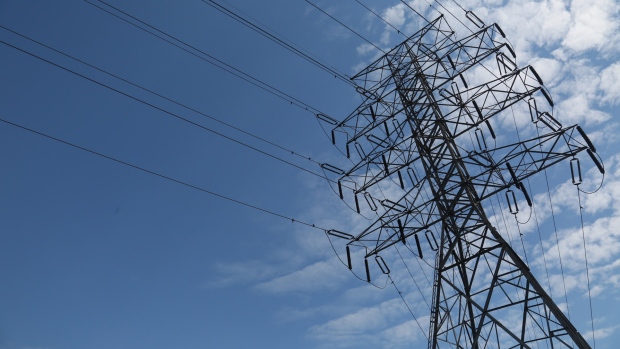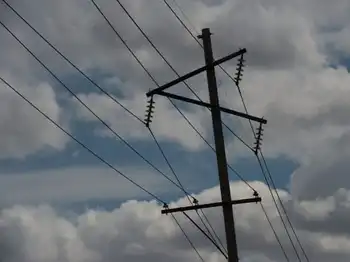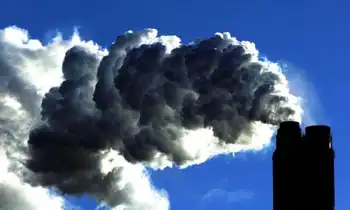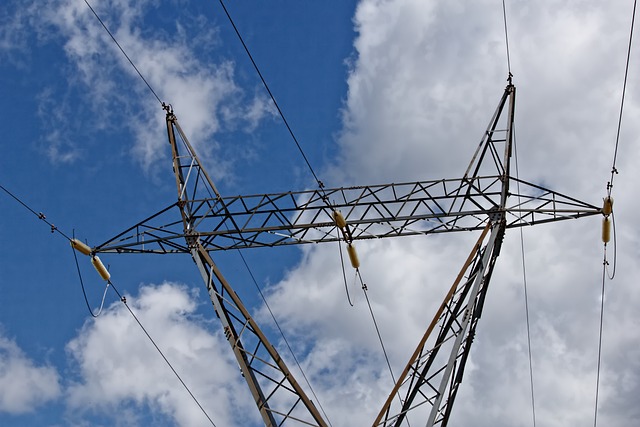National Grid fails key standards
National Grid, which one year ago this month acquired KeySpan and took on the lucrative six-year management contract, is currently below standard for the average time it takes to restore service following an outage and for the total annual outage time customers experience.
The company has also had an increase this year in average interruptions lasting less than 5 minutes. The figure crept up to 5.6 outages under five minutes as of the end of July.
National Grid has until the end of December to reverse the trends and avoid penalties. But because they represent an average of the past 12 months' performance, that may be difficult to reverse, particularly over peak summer months, an expert said. Outages due to major storms are omitted from the numbers.
"The trends are disturbing," said utility expert Matthew Cordaro, a professor at Long Island University who served on a committee that created the standards 25 years ago. It indicates "poor reliability over a long period of time."
He noted that against five-year averages, National Grid fared poorly on most of the standards, suggesting further difficulty in reversing the trends.
"It's like an aircraft carrier - once it goes astray, it takes a lot of money and effort to turn it around," Cordaro said.
National Grid, which has been hit with poor-performance penalties in locales from upstate to New England, yesterday defended its service record.
"National Grid is working hard to achieve the metrics under our management service agreement with LIPA," spokeswoman Karen Young said in a prepared statement. "Our objective is to continue to provide superior service to LIPA's 1.1 million customers."
Should it fail, National Grid would pay the penalties, which are not regulated by the Public Service Commission, to LIPA. If other measures were to worsen, fines could exceed $1.5 million, LIPA spokesman Ed Dumas said, and would be used to offset expenses, not rebated to customers.
LIPA also said while the performance metrics had dipped of late, they were generally better than for most other utilities in the state and across the country.
The utility said it has already shifted resources, maintenance programs and inspections to address problems, and suggested the results weren't a surprise.
"We had expected this in March," said Michael Hervey, LIPA's operations vice president. He said figures are "something we are managing," and unrelated to the change in ownership at the former KeySpan.
Hervey said LIPA has sped up tree-trimming and circuit inspection programs to reverse the trends.
"There is a good chance of recovering this," he said, adding he did not believe the change in management of the local grid to National Grid was a factor in the performance. "My hope is that we are under the penalty level" by year's end.
Last fall, National Grid had to credit $8.8 million back to upstate ratepayers for failing to meet service standards for the previous three years. In Britain this past February, it was hit with an $82 million fine for "restricting competition and harming customers" relating to a gas-metering scheme, which the company denied. In 2006, National Grid's Massachusetts Electric Co. drew a $1.5-million penalty for missing service and reliability standards.
Related News

California Halts Energy Rebate Program Amid Trump Freeze
CALIFORNIA - California’s push for a more energy-efficient future has hit a significant roadblock as the state pauses a $290 million rebate program aimed at helping homeowners replace inefficient heating and cooling systems with more energy-efficient alternatives. The California Energy Commission announced the suspension of the program, citing uncertainty stemming from President Donald Trump’s decision to freeze funding for various climate-related initiatives.
The Halted Program
The energy rebate program, which utilizes federal funding to encourage the use of energy-efficient appliances such as heat pumps, was a crucial part of California’s efforts to reduce energy consumption and greenhouse gas emissions. By…





